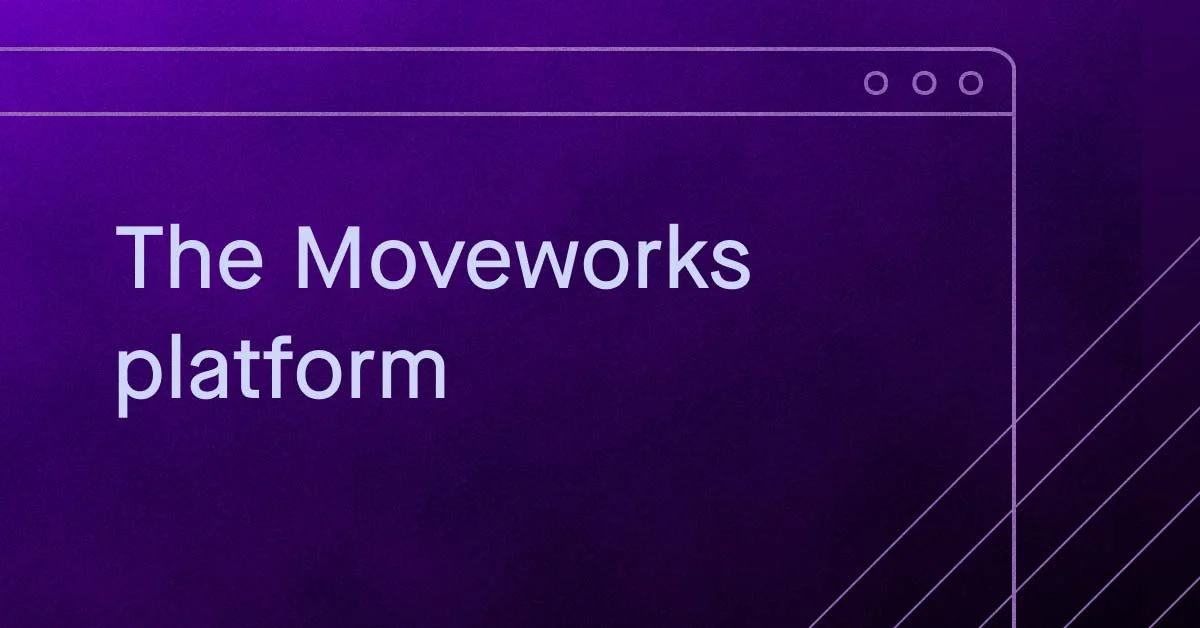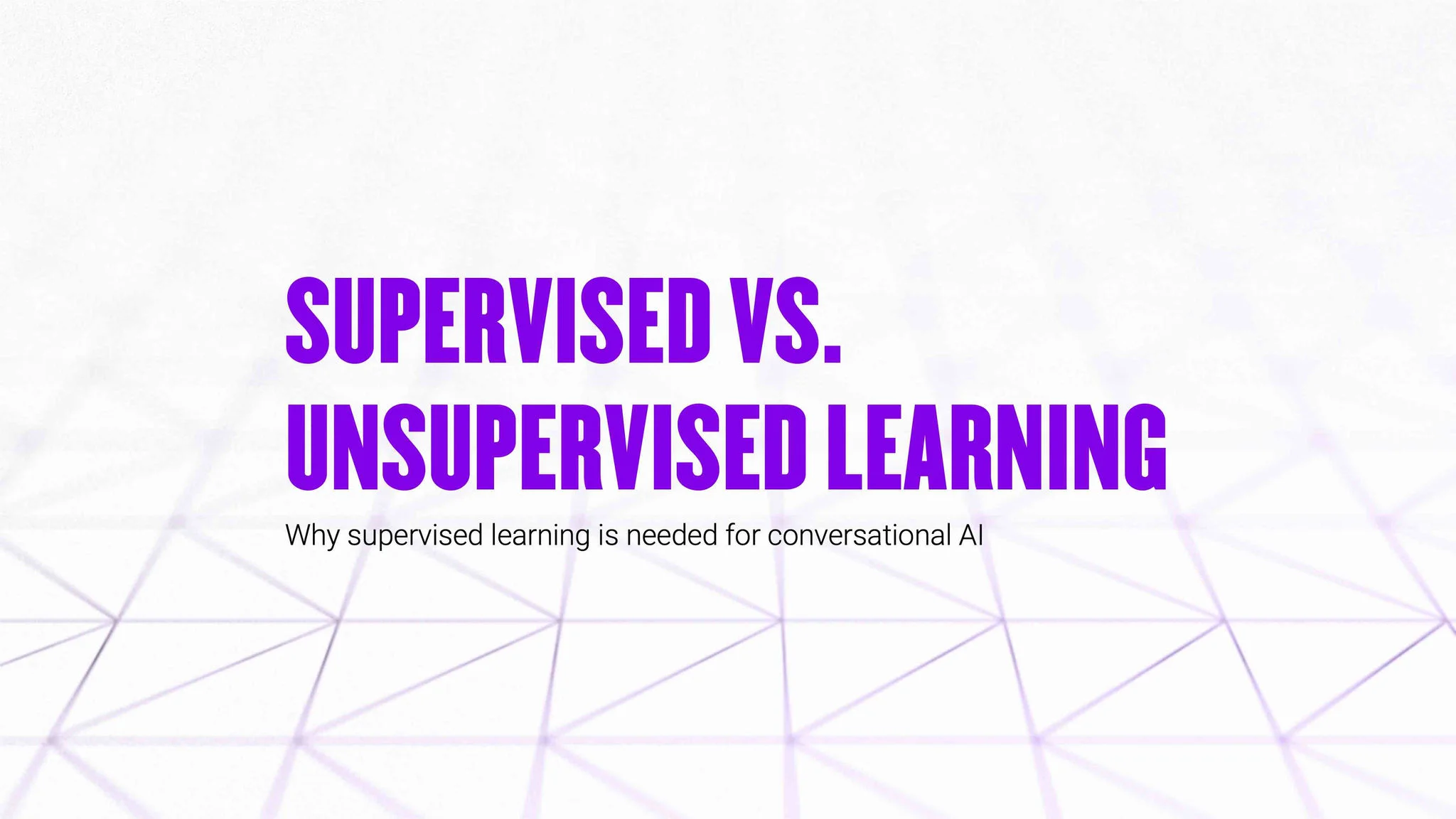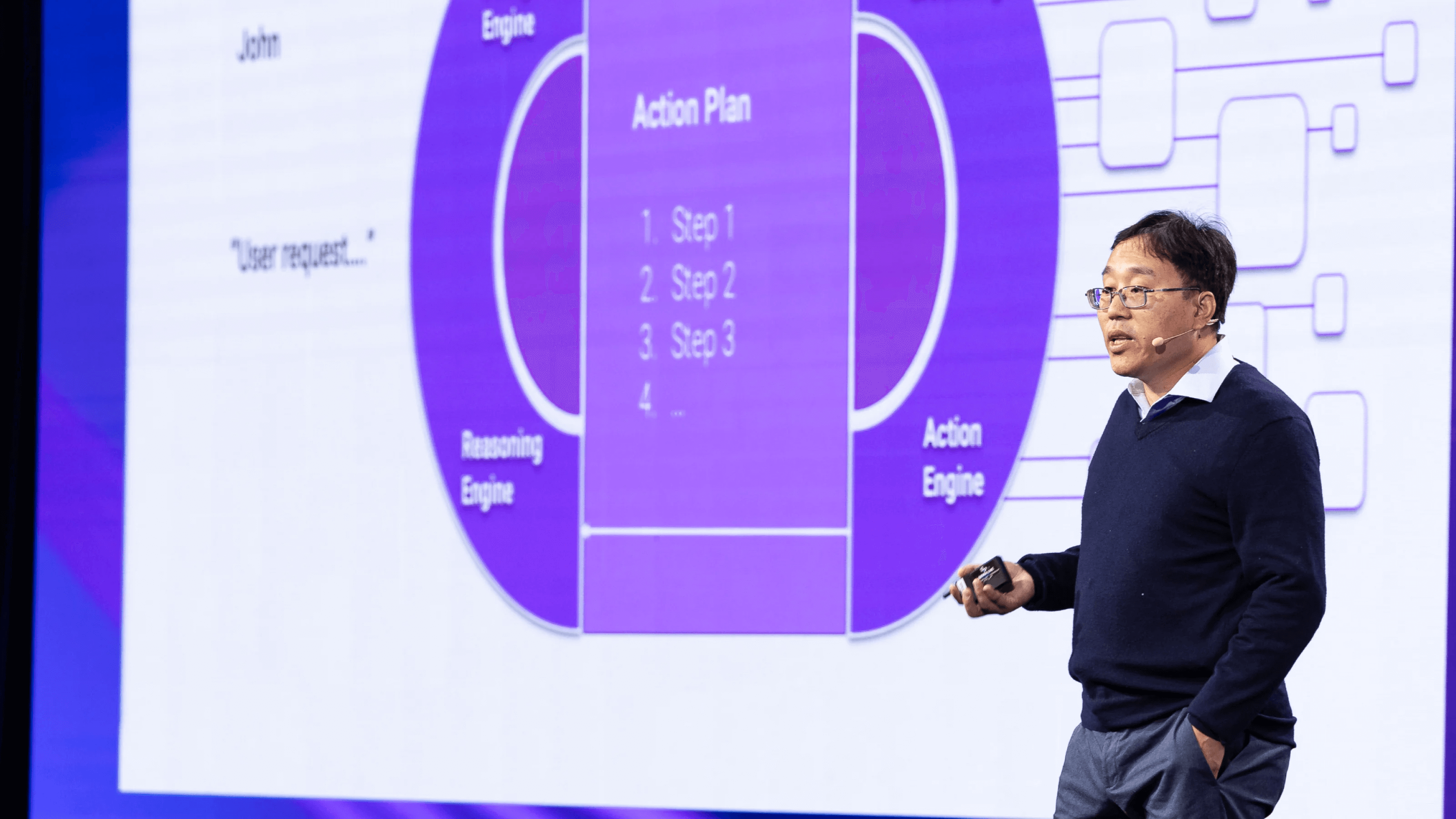- Text 1
How does parameter-efficient fine-tuning work?
Parameter-efficient fine-tuning (PEFT) is an approach that helps you improve the performance of large AI models while optimizing for resources like time, energy, and computational power. To do this, PEFT focuses on adjusting a small number of key parameters while preserving most of the pretrained model's structure.
PEFT takes advantage of the knowledge already encoded in a pretrained model's parameters so extensive retraining is not required. It builds on transfer learning methodologies to efficiently customize large AI models for new use cases without extensive retraining or losing the value of the general pretrained knowledge.
Why is parameter-efficient fine-tuning important?
Parameter-efficient fine-tuning (PEFT) represents an advancement in efficiently customizing AI models for new data and tasks. It provides a faster, cheaper, and more accessible approach compared to full retraining or starting models from scratch.
PEFT is important because:
It reduces the computational resources required for adaptation by only adjusting the most relevant parameters instead of all parameters. This saves significantly on energy, carbon footprint, and cloud compute costs associated with AI training.
It enables quicker time-to-value by adapting state-of-the-art models like GPT-3 more nimblely for new use cases where full retraining would take prohibitive time and resources.
It prevents catastrophic forgetting of the capabilities encoded in the original pretrained models. The broad knowledge learned during pretraining is retained.
It makes the power of large models accessible to smaller companies and teams with more limited resources or data by avoiding extensive retraining needs.
It simplifies and streamlines AI workflows by making transfer learning and adaptation of pretrained models easier and more lightweight.
It reduces barriers to customization, allowing AI teams to efficiently explore applying models to new domains and use cases.
By focusing adaptation on just key parameters, PEFT makes deploying AI more efficient, accessible, and sustainable. It unlocks more applications of AI for organizations of all sizes.
Why does parameter-efficient fine-tuning matter for companies?
Parameter-efficient fine-tuning provides immense value for companies looking to leverage AI by making model deployment dramatically more efficient and accessible.
PEFT enables quick adaptation of pretrained models like GPT-4 for new use cases without losing model capabilities or requiring prohibitive retraining. This speed of customization allows faster time-to-market and unlocks AI applications that previously had slow, expensive barriers to entry.
Even small teams and companies can use PEFT to tap into state-of-the-art models, avoiding the need for massive computational resources for full retraining. The optimized efficiency for adapting models saves hugely on cloud computing costs like GPUs/TPUs.
By focusing just on adjusting key parameters, PEFT reduces the high resource demands of AI deployment. This makes AI's capabilities accessible to a much wider range of companies and unlocks more applications across industries.


